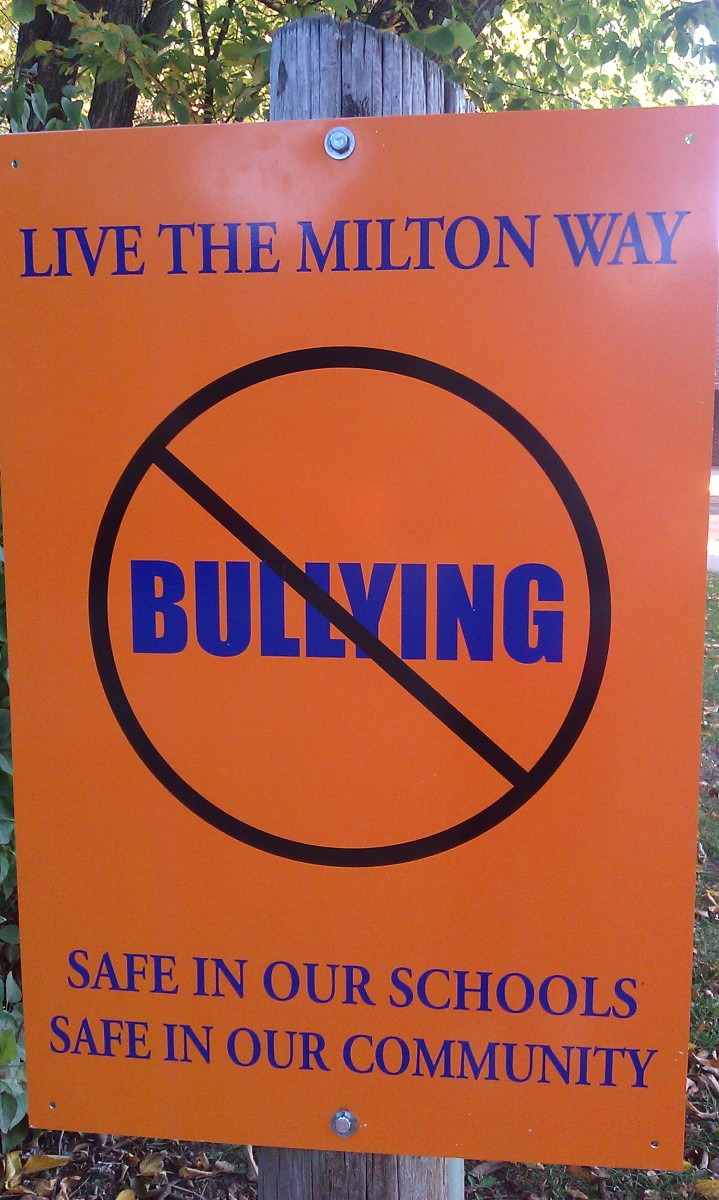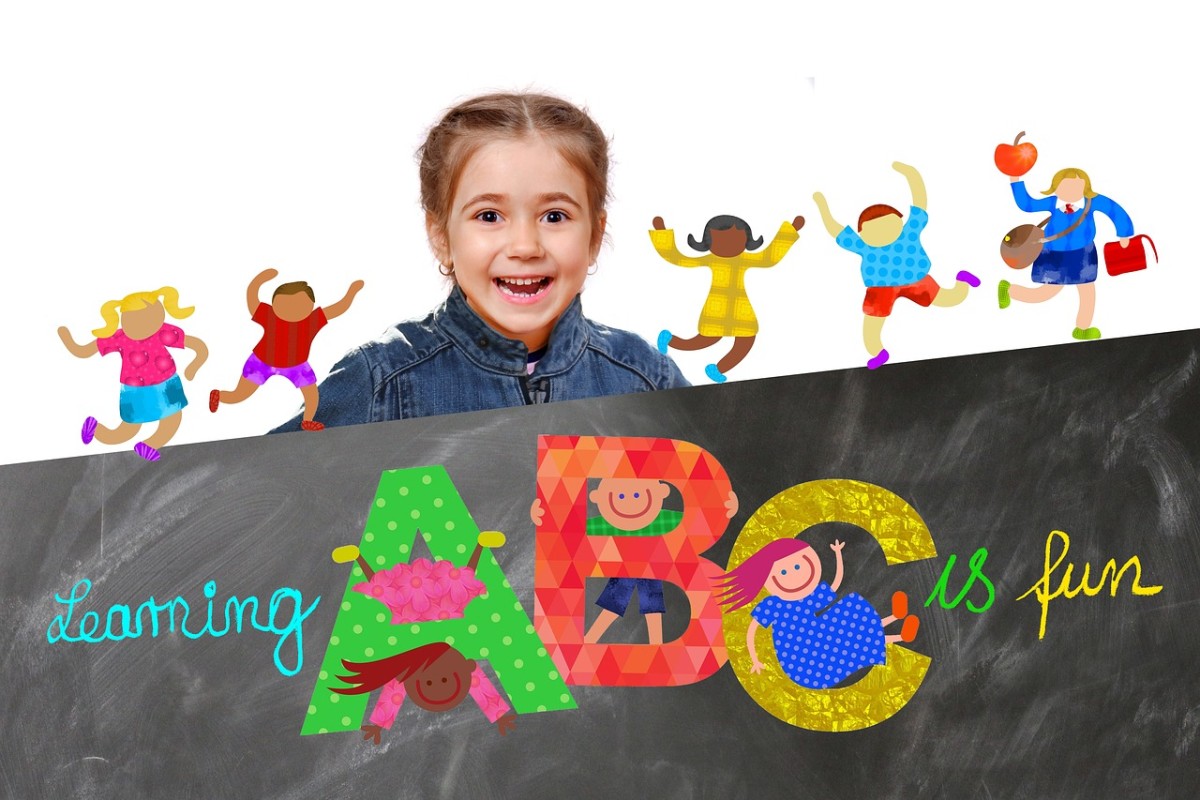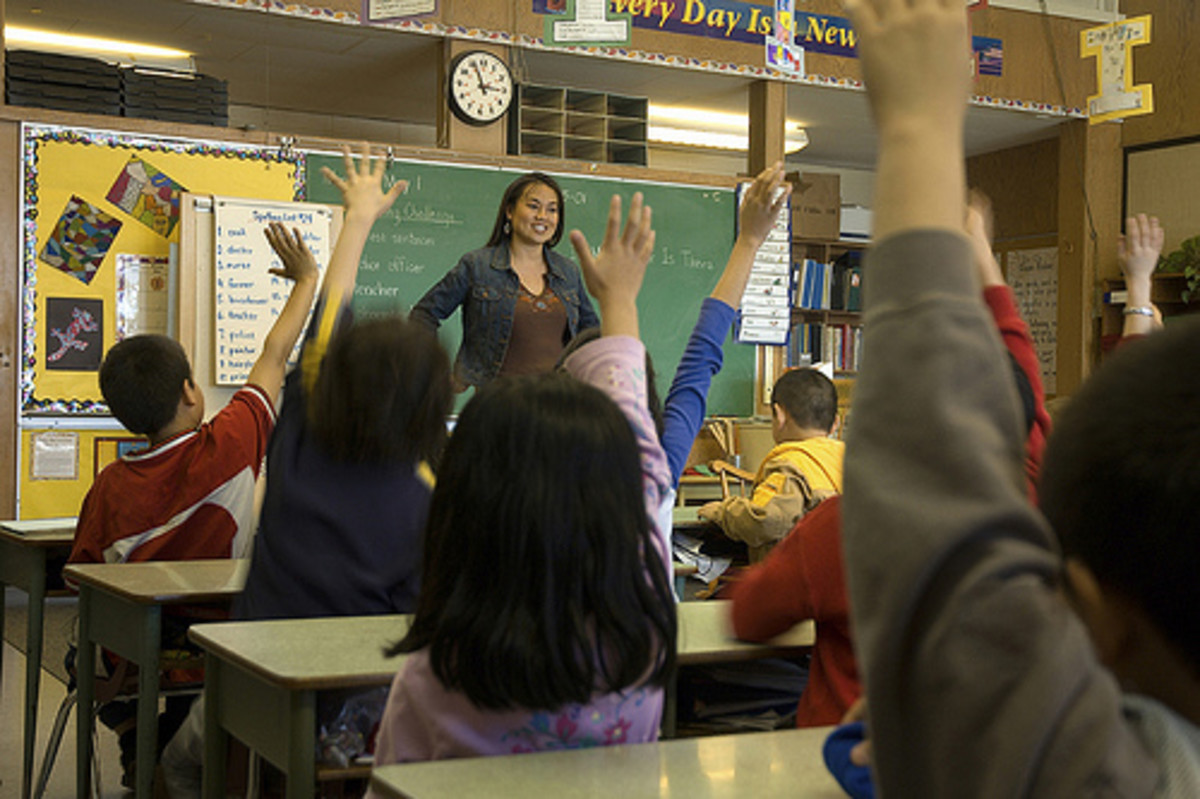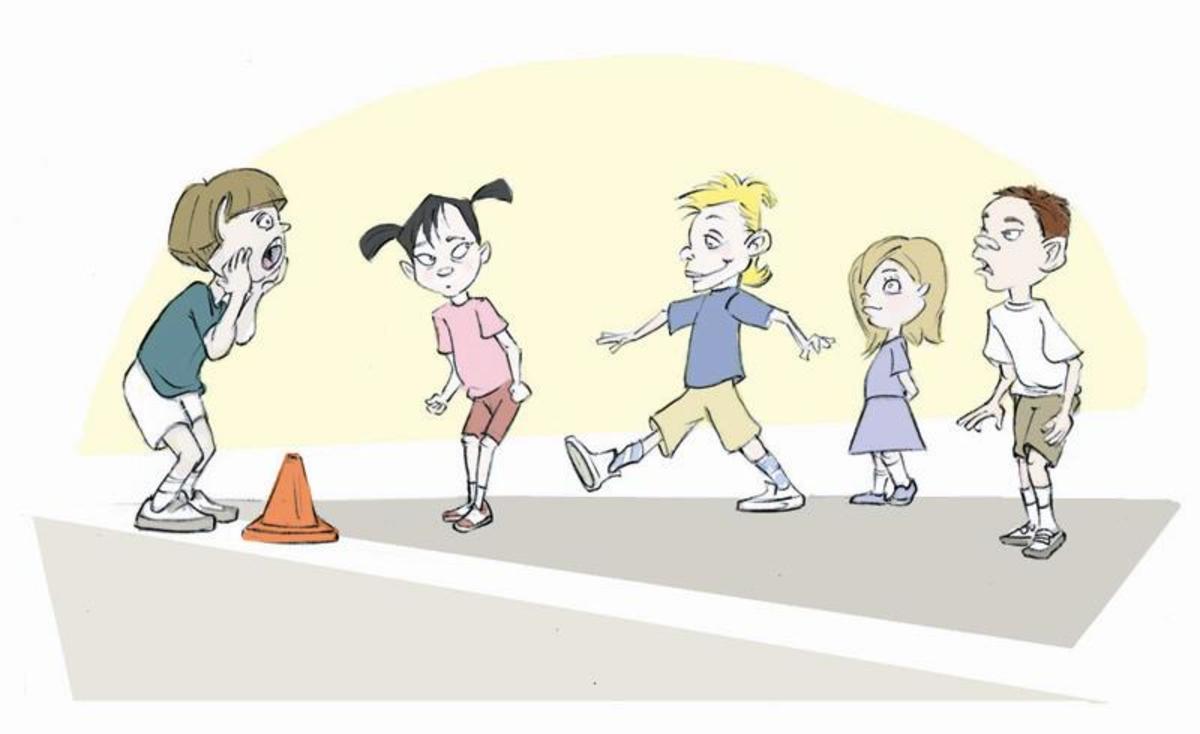A Sense of Entitlement
En•ti•tle•ment
- 1a: the state or condition of being entitled: right
- 1b: a right to benefits specified especially by law or contract
- 2: a government program providing benefits to members of a specified group; also: funds supporting or distributed by such a program
3: belief that one is deserving of or entitled to certain privileges
-Webster
It is easy for me to accept the fact that young children, from birth to about age five, exude a sense of entitlement. The world is all about them and they deserve it. The first few years of life are full of lessons learned through observation and experience. Dendrites are growing and connections are made during this important time in life. Infants and toddlers are egocentric and don't really have a sense of other aside from recognizing there are others. On the other hand, a sense of entitlement coming from pre-teens and older youth is harder for me to digest and accept.
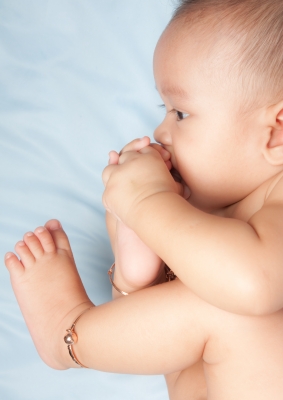
In my experience, children will typically develop a larger sense of other as they progress through their early educational years. When they are in Kindergarten, five year-olds are all about themselves, especially if they have had no preschool experience. As they learn to share and socialize with their peers, they start to realize that relationships are two-way streets. In order to have a relationship, one must not only take, but one must also give. Based on my observations, this understanding begins to really take shape and becomes ingrained around age seven or eight...at least this is true for the typical child.
No doubt, parenting is one of the most difficult things a person faces in his/her life. It is not easy. Unfortunately, the trend that I am observing is that today in 2011, children do not quite develop that sense of other early and more of them are living their teens and early adult years with a huge sense of entitlement. More children are exhibiting inappropriate behavior, lacking discipline, and getting what they want all the time whether it is right or not. There are two main reasons why I think children are the way they are today...and neither of them are their fault.

Reason #1 ~ Parents repeatedly rescue or bail our their children. Through observations made over the last ten years, I have found that more and more children depend on their parents to get them out of trouble or save them rather than taking ownership and responsibility for their own actions. When children forget their homework or lunch at home, they have a strong urge to call home so that their parents can bail them out. In my opinion, if the child forgets their homework at home, they should suffer the consequences set in place for tardy work when they remember to bring it back to school. The "phone-home" phenomenon is more difficult to control today because many children, as young as second grade (age 7), have their own cell phones and can text their parents. Teachers are getting better at not accepting the homework that parents deliver to schools throughout the day. This happens with lunches as well, even though there is always a hot lunch or sandwich option in schools for those who forget their lunches. Children learn the wrong lesson because they think that their parents can always bail them out and they don't learn about responsibility.
Even worse, I have seen parents go to schools and try to talk teachers and principals into retracting their consequences because Johnny was wronged by others and had no responsibility whatsoever in the situation. This occurs even when an adult was the one who witnessed the incident. Parents tend to believe their children over the adults in the schools these days. It is amazing how many parents don't feel their children deserve consequences for their actions or don't believe their children were even involved in the incident!
The act of parents bailing out their children and ridding them of responsibility leads children to an increased sense of entitlement. Children feel like their parents, teachers, and others owe them something. If children don't learn that for every action there is either a positive or negative consequence, and they only experience positive consequences, (mom or dad rescuing them) they risk growing up with increasing senses of entitlement through their teen years. Children grow up thinking they can do no wrong because their moms' words and actions show them that they can do no wrong.
Reason #2 ~ Parents use bribery as part of their child's discipline plan. Rather than internally motivating their children to do what's right, parents turn the other way. There is a growing number of parents who would rather be their child's friend than be their child's parent. They give children expensive toys to keep them at bay. If children promise to be good, they get rewarded with video games, other electronics, cell phones...you name it! Sometimes, this is the result of parents not knowing what to do with their high maintenance, demanding kids. Other times, it is the result of parents not having time nor the patience to deal with the situation. Children are not stupid...they know exactly how to play their parents. It is their full-time job to figure out their parent's buttons and then push them regularly. When parents cave, they teach their children that just a little fussing ends up with a bribe resulting in a gift in the end if they can just keep it together for a short period of time. In my opinion, children should behave well without any rewards. That should be the expectation given to a child that goes without saying. Children who are used to bribery grow up with a sense of entitlement. They come to expect the gifts and feel their parents owe it to them. They get angry when they aren't rewarded with something they want.
Love and Logic Parenting: How to say, "No."
In The End
One can argue that perhaps, in the end, these children will turn into adults and all will be fine again as they mature. I would say that it all depends on the influences these children encounter along the way. A sense of entitlement in earlier life perpetuates a lifestyle where people are not willing to take responsibility for their own actions. They are quick to blame others and leave it to others to pick up the slack. In the end, the result could be that entitled children turn out to be unproductive members of society with poor work ethic.
**Understand that there are still plenty of well-rounded, responsible, hard-working children in the world. This is just a trend I'm noticing...an increase in children who have the sense of entitlement.
Read More...
- Five Paths to a Child's Success
Having children is unlike anything else in the human experience. Nothing else forces such perspective on our lives; nothing motivates us so much to better ourselves as people. A child can make our own... - Are You Passing a Sense of Entitlement on to Your Children? - Sacramento Personal Finance | Examiner
Have you ever thought about how your childhood has affected you financially as an adult? When it comes to your finances, there is an enormous connection. One - Children Who Refuse To Grow Up: The Boomerang Generation: Selfish Entitlement Issues
There's an ever-increasing number of children growing up with a selfish sense of Entitlement, children refusing to grow up, thinking the world owes them what they desire.

